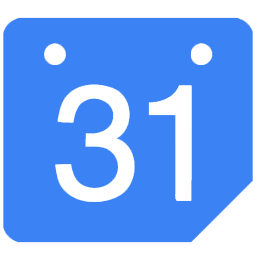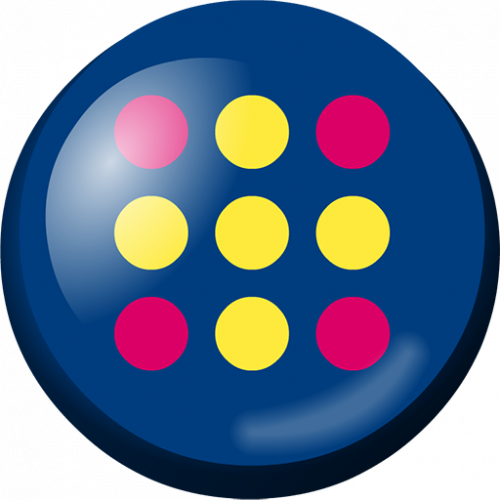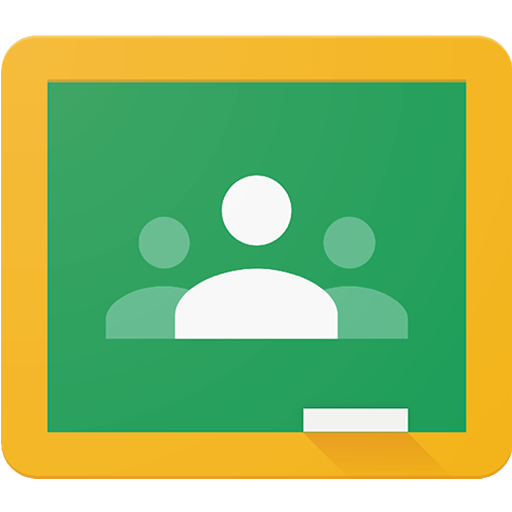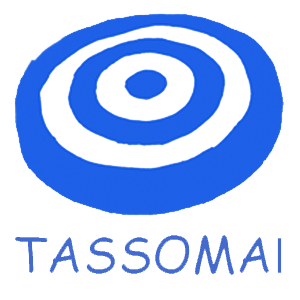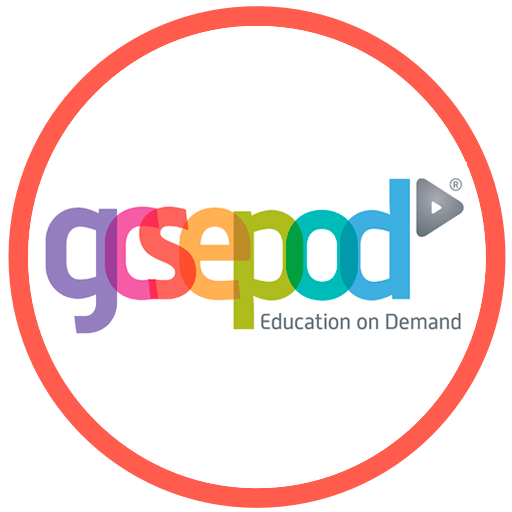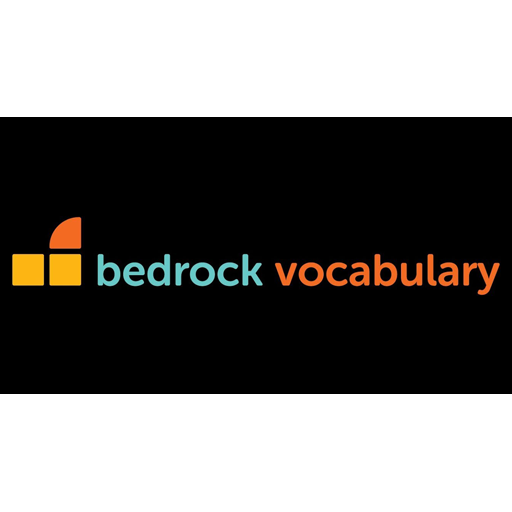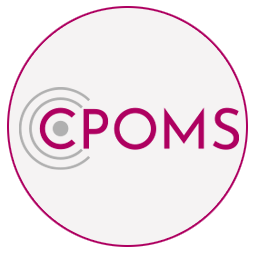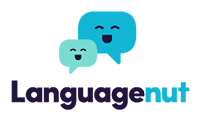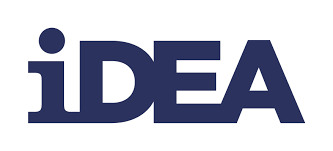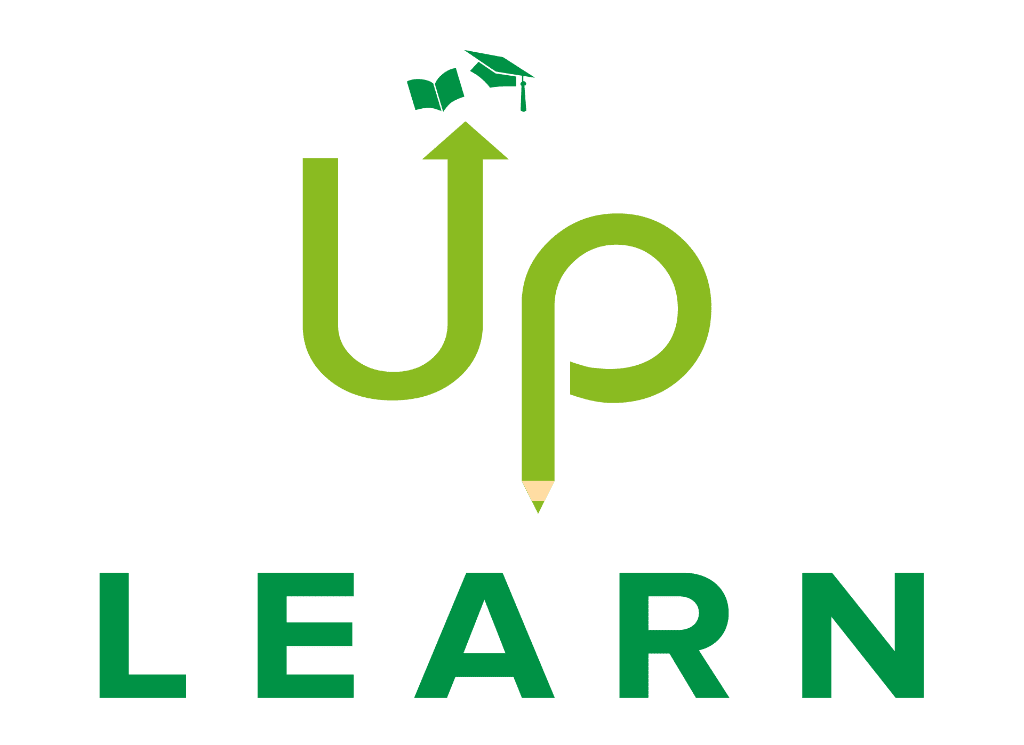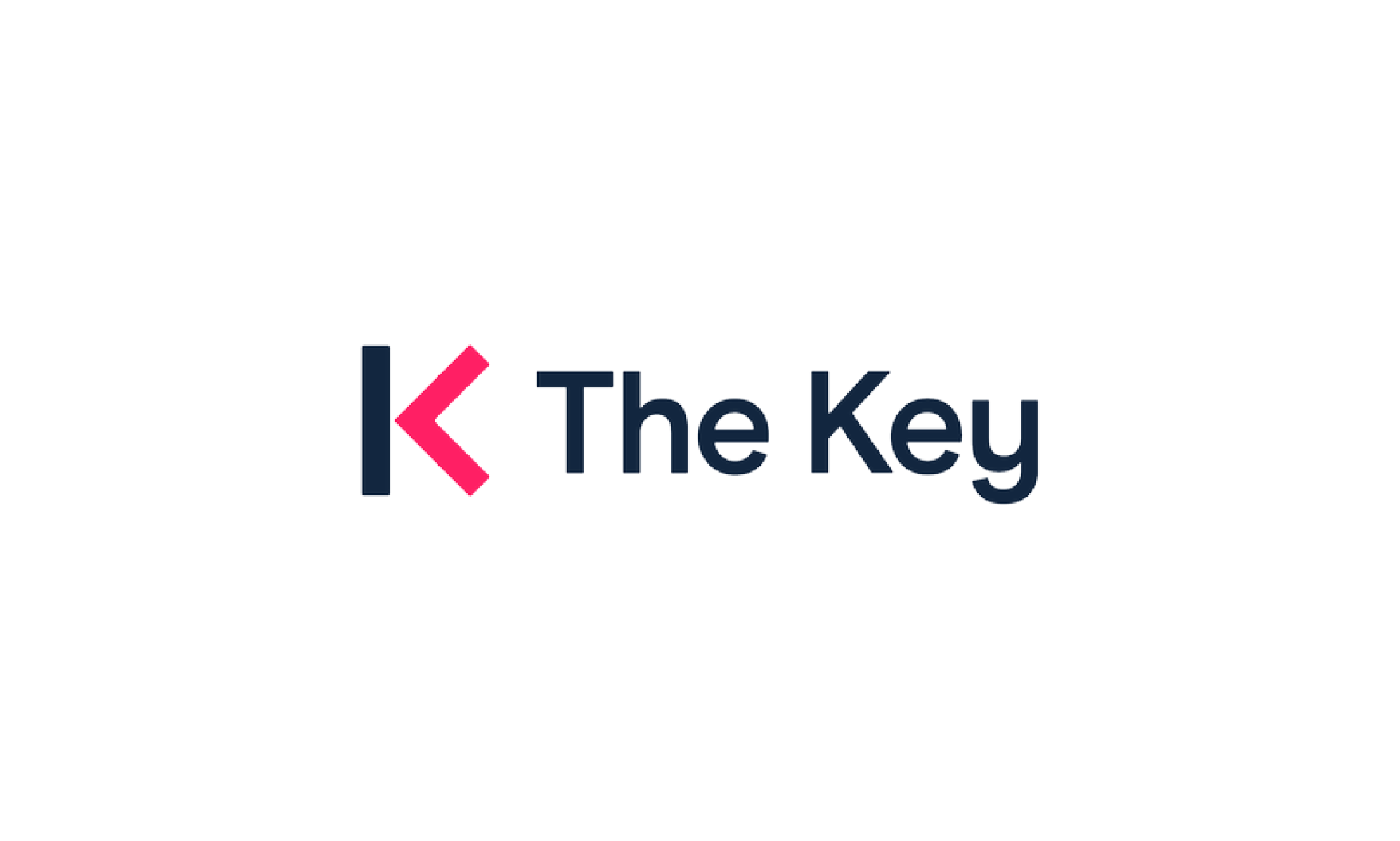![]()
English
Head of Department – Mark Wedge
The English department at KGAEP aim to install a love of the subject through a focus on creativity and expression. This love of the subject will come through being exposed to many different types of text; fiction to nonfiction, modern to the classics, prose to plays etc, hopefully all students will find something they will love. We also believe you can only love English by creating, by writing. Pupils are given time to discuss and write commentaries of their own work so they can further see the skill and value in their own writing.
KS3 English
Students have five seventy minute lessons per two week cycle.
Homework: Wider reading and comprehension work based on allusions commonly found in literature.
Over the six half terms in year 7 we will study
Forensic Linguistics And Dahl
Julius Caesar
History of Literature
Animal Farm
Persuasive writing Travel Writing
Over the six half terms in year 8 we will study
Genre Exploration – Dystopia followed by Gothic
Dickensian Characters
Thematic Shakespeare
The History of Rhetoric
The Book Thief (cross-curricular collaboration with Humanities and the Holocaust unit)
We have picked texts that will allow pupils to be exposed to a variety of viewpoints and issues as well as giving them the skills and vocabulary to explore these texts fully.
Homework is set weekly and should last around 45 minutes. The homework set is designed to give pupils the wider reading and cultural knowledge base that will aid them in the future
We would also hope the pupils are reading at home, a reading age appropriate novel or a variety of non-fiction texts will greatly help them in all subjects.
KS4 English
In KS4 pupils have seven lessons per two week cycle.
Year 9 is a transition year where we introduce them to the skills that they will need in years 10 and 11. We also want them to discover new authors and their own “voice” in our portfolio building module that will close out the year.
Over the six half terms in year 9 we will study
Of Mice and Men
An Inspector Calls
Portfolio building
Comparative war poetry
Year 10 introduces the compulsory texts for the English Literature GCSE.
Over the six half terms in year 10 we will study
Romeo and Juliet
Great Expectations
Unseen poetry
Over the six half terms in year 11 we will study
Shakespeare play
Power and Conflict poetry
Revision for literature texts
Language paper revision.
Homework is set weekly and should last around 45 minutes, sometimes the homework will be set on some of the excellent revision resources we subscribe to either GCSE Pod or the PIXL app both of which can be accessed on any computer, mobile phone or in the school’s library or computer rooms.
We would also hope the pupils are reading at home; as well as their own independent reading pupils should read their exam texts multiple times as they are not allowed to bring books into the exam and thus must know them very well.
English Programme of Study
Homework
KS3
Homework is set weekly and should last around 45 minutes. The homework set is designed to give pupils the wider reading and cultural knowledge base that will aid them in the future.
We would also hope the pupils are reading at home, a reading age appropriate novel or a variety of non-fiction texts will greatly help them in all subjects.
View/download the KS3 Reading list here.
KS4
Homework is set weekly and should last around 45 minutes, sometimes the homework will be set on some of the excellent revision resources we subscribe to either GCSE Pod or the PIXL app both of which can be accessed on any computer, mobile phone or in the school’s library or computer rooms.
We would also hope the pupils are reading at home; as well as their own independent reading pupils should read their exam texts multiple times as they are not allowed to bring books into the exam and thus must know them very well.
How to support your child
The easiest and most effective way to support your child is simply to encourage reading – push your child to more challenging reads, read with your child and have discussions with your child about what you have read. Good habits for GCSE preparation start at Key Stage 3. Parents can help support and foster independence in learning by encouraging students to start their homework projects early and work on them continuously throughout the term.
Extra Curricular Opportunities
Skills based invitation sessions
The Perfect Piece – essay skills
Coming soon – 2019
The Writers Club


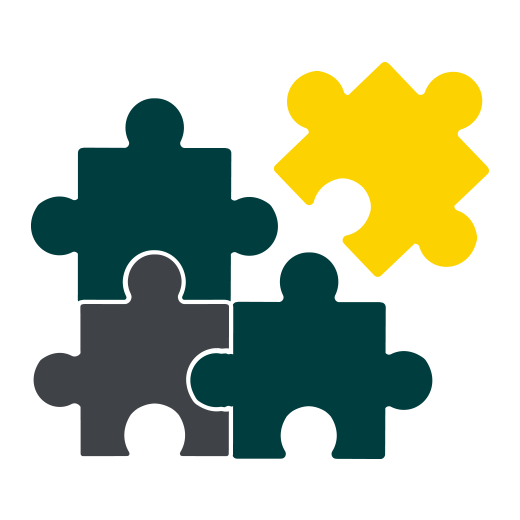
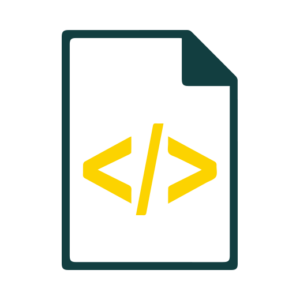
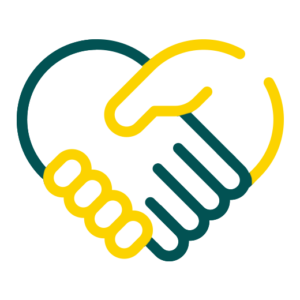
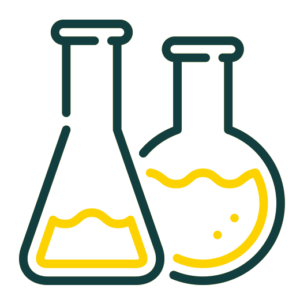
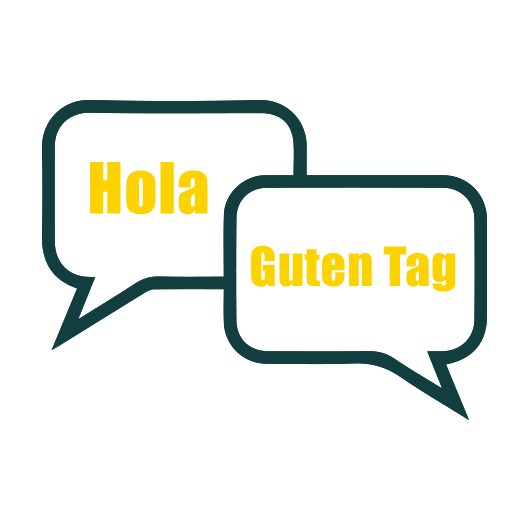
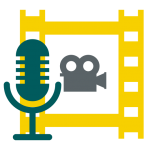
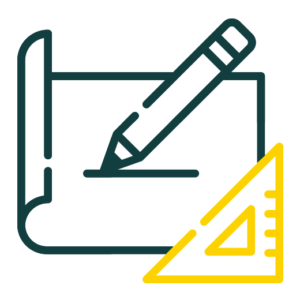
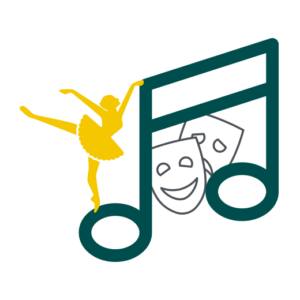
 KS3 Project
KS3 Project
